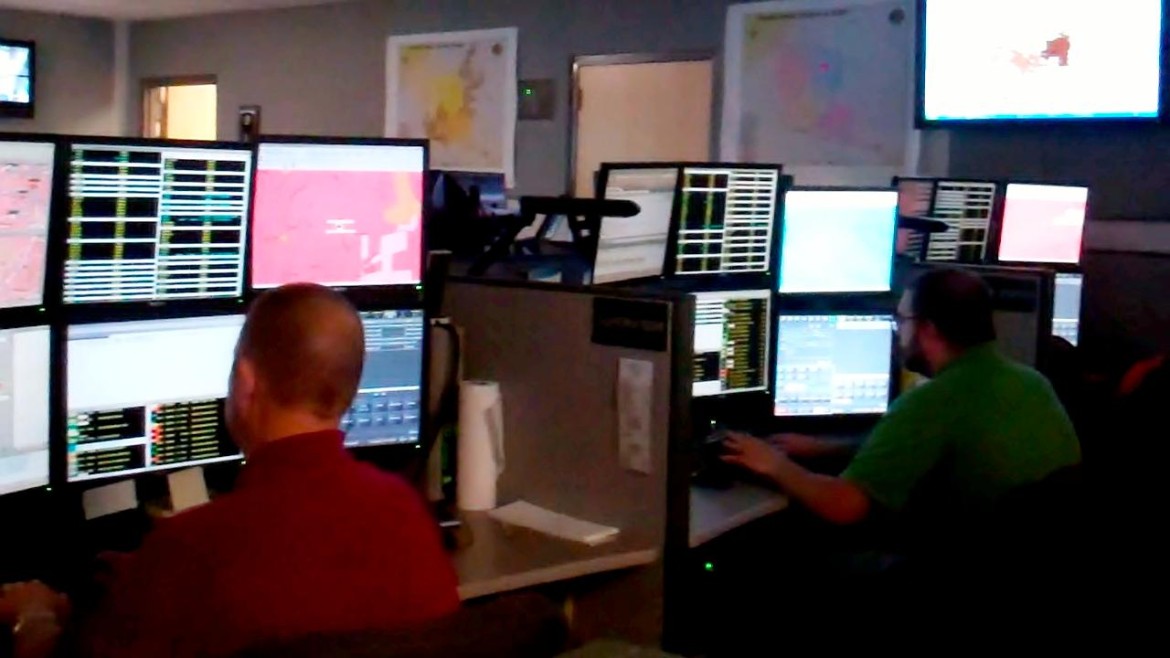Emergency Communications Director Barry Fuery figured there would be a learning curve when residents had to start dialing 919 before local phone numbers. But a month after 10-digit dialing was put in place, the numbers of callers accidentally dialing 911 has gotten worse – not better.
When a caller accidentally dials 911, the caller typically realizes his or her mistake and hangs up. Not knowing if this was a mistake or an emergency, the 911 operator must call the number back. Sometimes, the operator reaches a person and can verify that it was indeed a mistake. But, when no one picks up on the other end, the operator dispatches a police officer to check on the situation.
In April, the 10-digit dialing system was put in place to meet expanding need for new phone numbers. Another area code 984 was added to the same geographical area as 919.
Prior to switch, the Raleigh-Wake County Emergency Communications Center would dispatch officers for these kinds of calls at an average of 30 times per day. But in April, that number rose to 172. In the first two weeks of May, that number was 181.
Or, on average, every seven and a half minutes. On some days the center dispatches an officer every six minutes.
Fuery said that businesses and the elderly are the most likely misdialers. The numbers drop off on the weekends and pick up on Monday morning.
“When it drops off, it’s still four of fives times it was on an average day prior to this,” Fuery said.
Following up on misdials has started to slow down the center’s response time. Typically, the center answers 88 percent of its calls in 10 seconds or less. But in April it dropped to 84 percent.
“I sat behind a call taker in the center about two weeks ago and she fielded 15 911 hang-up calls in a row,” Fuery said, adding that operators can’t respond to actual emergencies during that time.
“We were anticipating a problem, but we were not anticipating a problem of this magnitude,” he said.
Fuery said that if someone accidentally dials 911 they should stay on the line to inform the operator of the mistake rather than hang up.
Officials expected that calls might triple, but were not expecting numbers to be six times the usual amount. While no one person or business has accidentally made hundreds of calls, there have been some repeat offenders who have made more than 10 misdials.
Fuery said there isn’t much that they can do other than put the word out that people need to be careful when dialing. Since this seems to be a big problem with businesses and the elderly, Fuery said that AARP and the Chamber of Commerce have been putting out bulletins reminding people to be careful.
“The next step is to start making direct contact with these subscribers,” Fuery said.
